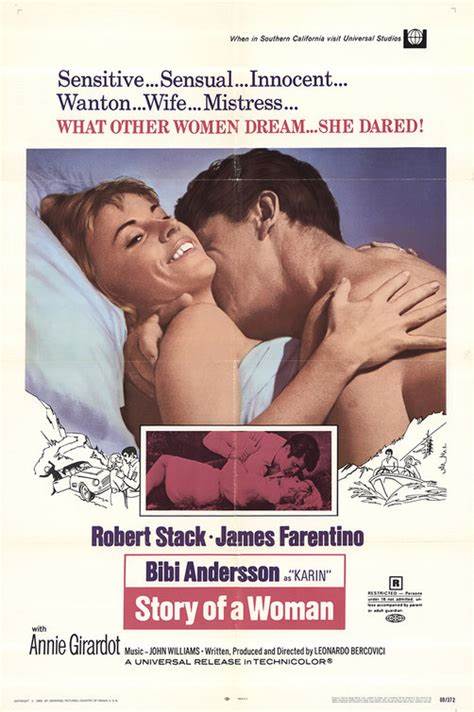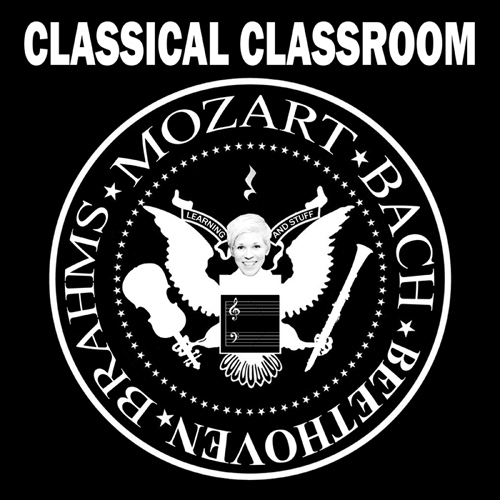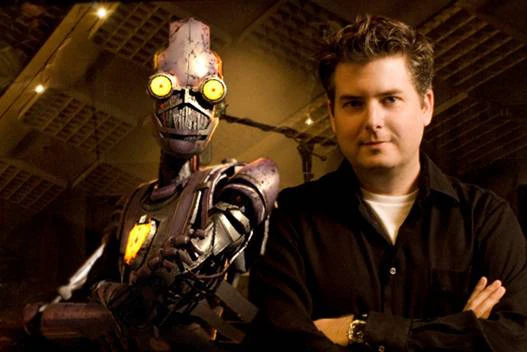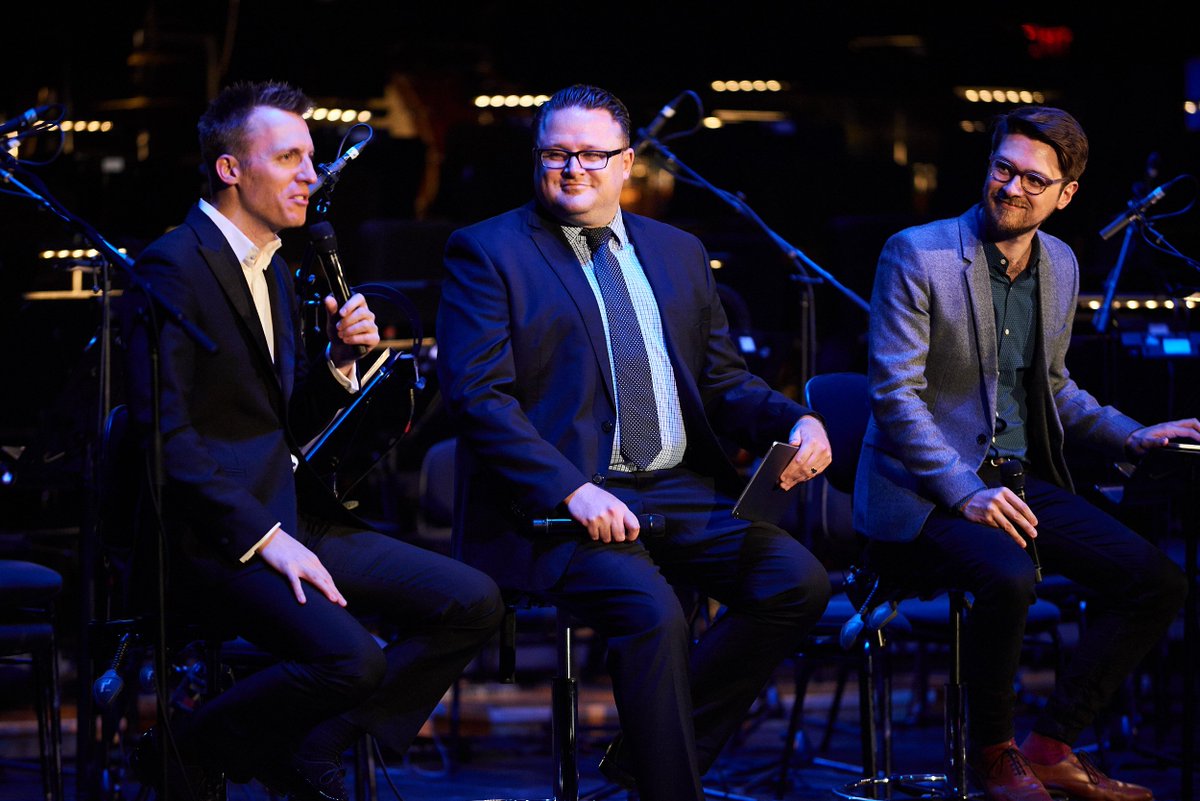Portrait of swimmer (and John Williams fan) Jeff Commings, with whom I've had the pleasure of hosting three episodes of The Baton podcast, available here:
I really look up to Jeff: besides being a professional athlete (which is already commenadble for the discipline and dedication required, let alone the stamina) and a teacher, he's incredibly polite, articulated, intelligent, brave and entreprising.
Recommended reading:











